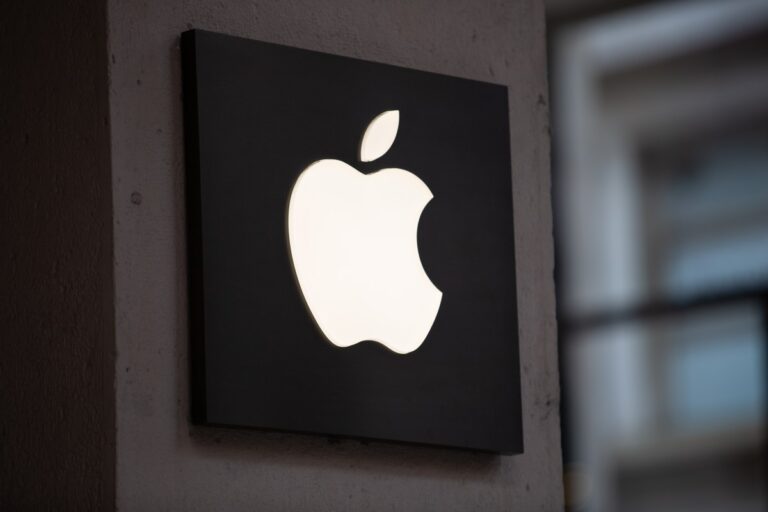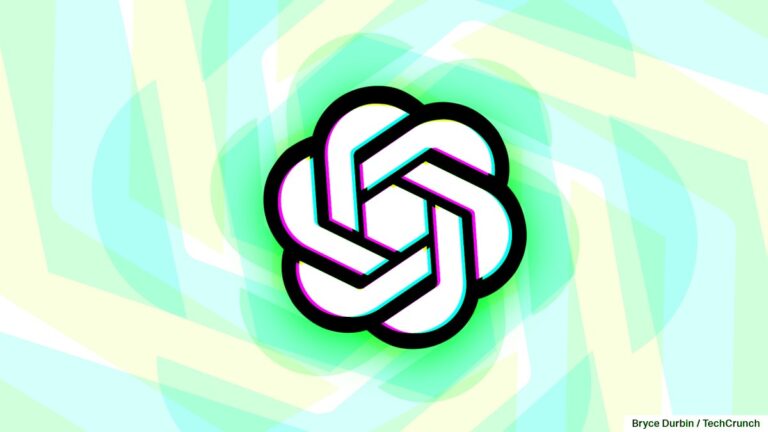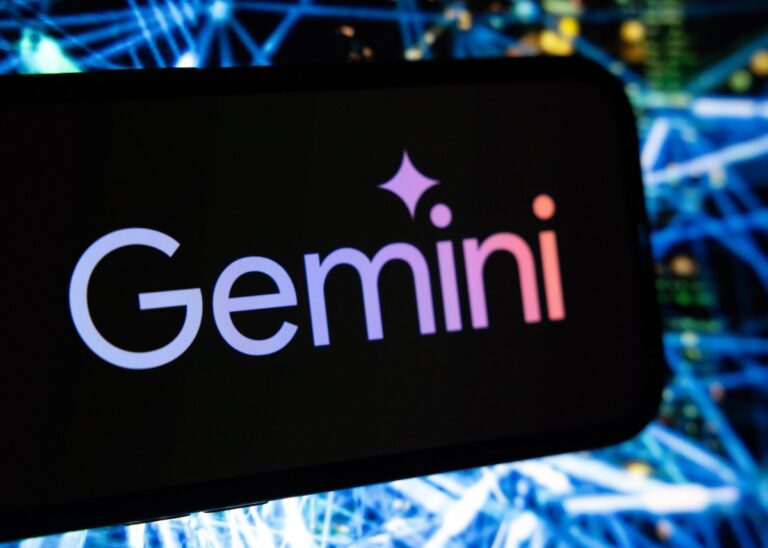DeepMind’s AI Outshines International Mathematical Olympiad Gold Medalists: A New Era in Math Competitions
In a groundbreaking achievement, an advanced AI system named AlphaGeometry2, developed by Google DeepMind, has reportedly outperformed the average gold medalist in geometry problem-solving at the prestigious International Mathematical Olympiad (IMO). This innovative AI has demonstrated its ability to tackle complex geometric challenges, showcasing the potential of AI in mathematical reasoning and beyond.
What is AlphaGeometry2?
AlphaGeometry2 is the latest iteration of DeepMind’s geometry-solving AI, building upon the earlier version, AlphaGeometry, released in January. According to a recent study, AlphaGeometry2 can solve 84% of the geometry problems presented in IMO competitions over the past 25 years. This significant milestone highlights the AI’s advanced capabilities in addressing high school-level mathematics.
Why is Geometry Problem-Solving Important?
DeepMind’s motivation for focusing on a high school math competition lies in the belief that mastering challenging geometry problems, particularly in Euclidean geometry, can contribute to the development of more sophisticated AI systems. The ability to prove mathematical theorems requires not only logical reasoning but also the capacity to navigate through various potential solutions.
Key Features of AlphaGeometry2
AlphaGeometry2 integrates several core components that enhance its problem-solving abilities:
- Gemini Language Model: This model helps the AI understand and manipulate mathematical constructs.
- Symbolic Engine: It applies mathematical rules to infer solutions and validate proofs.
- Parallel Search Algorithm: This feature enables AlphaGeometry2 to explore multiple solutions simultaneously.
How AlphaGeometry2 Solves Problems
The AI addresses geometry problems by predicting useful constructs to add to diagrams, such as points and lines. It then checks these suggestions for logical consistency. Notably, AlphaGeometry2 is considered to have “solved” a problem when it successfully combines suggestions from the Gemini model with established mathematical principles.
Training Data and Performance
Due to the limited availability of geometry training data, DeepMind generated over 300 million synthetic theorems and proofs to train AlphaGeometry2. The research team selected 45 geometry problems from IMO competitions spanning from 2000 to 2024 and translated them into a larger set of 50 problems for testing.
AlphaGeometry2 achieved remarkable success by solving 42 out of the 50 problems, surpassing the average score of gold medalists, which stands at 40.9.
Challenges and Limitations
Despite its achievements, AlphaGeometry2 faces certain limitations. It struggles with:
- Variable point problems
- Nonlinear equations
- Inequalities
Additionally, it performed less effectively on a separate set of harder IMO problems, solving only 20 out of 29 challenges selected by math experts.
The Future of AI in Mathematics
The results of this study contribute to the ongoing debate about the best approaches for developing AI systems—whether to focus on symbol manipulation or to rely on neural networks. AlphaGeometry2 takes a hybrid approach, combining both methodologies to enhance its performance.
As AI continues to evolve, AlphaGeometry2’s success may pave the way for more advanced systems capable of addressing complex mathematical and scientific challenges. For more insights on AI advancements, visit DeepMind’s official site.
In conclusion, the progress demonstrated by AlphaGeometry2 is a promising indication of how AI can contribute to mathematical reasoning, potentially revolutionizing fields that rely on complex calculations and proofs.







